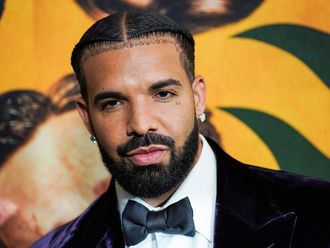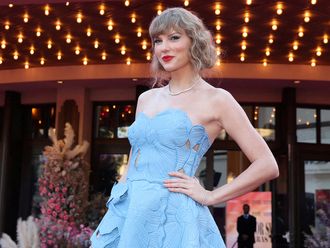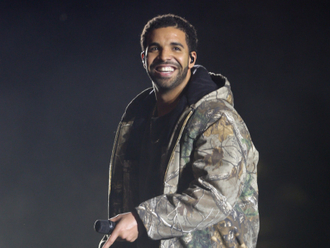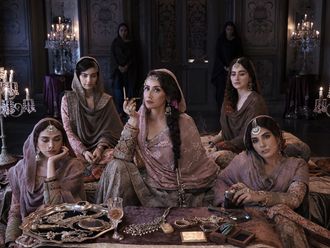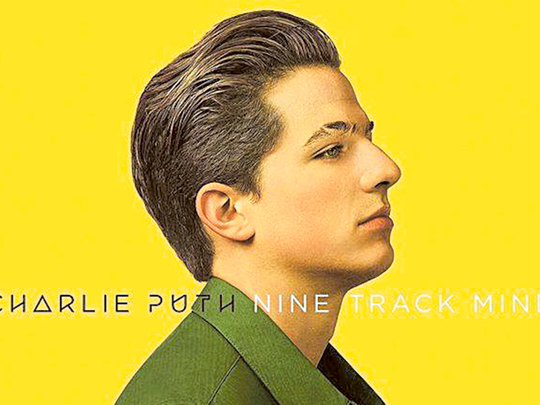
The shrieking of little girls filled the air at Staples Centre when Charlie Puth took the stage last month during KIIS-FM’s annual Jingle Ball concert.
A baby-faced pop singer, best known for See You Again, his chart-topping duet with rapper Wiz Khalifa, Puth wasted no opportunity to milk the crowd’s adoration. There was grinning. There was crooning. There was the furrowing of his brow with oh-so-cute sincerity.
Yet, on a recent morning at his home in the Hollywood Hills, Puth, 24, came on less like a tween idol than an experienced studio pro as he described mixing a rhythm track for another of his songs.
“The trick is that you want to be able to hear the kick drum pop,” he said before getting deep into technical language that left a visitor looking adrift. “Oh, just think of Pretzel Logic by Steely Dan,” he finally offered. “To me, that’s one of the most brilliantly mixed records of all time.”
This is the blend of puppy-dog appeal and musicianly know-how that’s endeared Puth to two camps not often in accord: young pop fans, who’ve driven See You Again and the doo wop-flavoured Marvin Gaye to multi-platinum sales, and more conservative listeners like Recording Academy members, who nominated Puth for three Grammy Awards, including the prestigious song of the year prize.
Compare that to a single nod for Justin Bieber (for his cameo on a dance cut) and a shutout of the mega-popular One Direction.
Now, with a debut album, Nine Track Mind, set for release on January 29 — just weeks before the Grammys are handed out on February 15 — Puth is looking to that unusually broad base to help him launch a long-term career ... la Bruno Mars or Justin Timberlake, to name two established stars on whom kids and their parents have agreed.
Nine Track Mind should please both groups. It has catchy, cheerful tunes like One Call Away with big, simple melodies that show off his sweet tenor. But the album, much of which Puth produced himself, is also streaked with inventive arrangements and vivid turns of phrase, as in the propulsive My Gospel, about the lengths he’d go to for a lover, and We Don’t Talk Anymore, a convincingly sensual duet with Selena Gomez.
A New Jersey native who studied jazz piano and music production at the Manhattan School of Music and the Berklee College of Music, Puth first made a name for himself writing and producing for other artists such as Trey Songz and Jason Derulo. He even wrote See You Again — which appeared in Furious 7 as a tribute to the film series’ late star, Paul Walker — thinking someone else would sing it.
Yet he knew he didn’t want to stay hidden in the studio. KIIS-FM programme director John Ivey recalled being introduced to Puth by the singer’s manager at a quiet Italian restaurant in Westwood.
“Charlie sits right down next to me and starts belting out the hook to One Call Away,” Ivey said with a laugh. “He’s got a big personality, and he’s willing to share it.”
Things have moved quickly for Puth since Marvin Gaye, his debut solo single, came out a year ago. (That title, by the way, turns the soul legend’s name into a verb, as in: “Let’s Marvin Gaye and get it on.”) At his house, which he’d moved into recently enough that cardboard boxes still sat in the garage, he was entirely comfortable amid a blur of handlers as he prepared for an appearance on The Ellen DeGeneres Show.
But he hasn’t lost a closely observant quality that allows him to view songwriting with mathematical precision. He talks about the importance of where long notes are placed in a melody, and how a song can be damaged by getting the tempo wrong by just a few beats per minute. He also knows that lacing youthful tunes with hints of vintage styles can widen his music’s audience.
If that seems calculating, it should. This is pop music; calculation is how it’s done.




